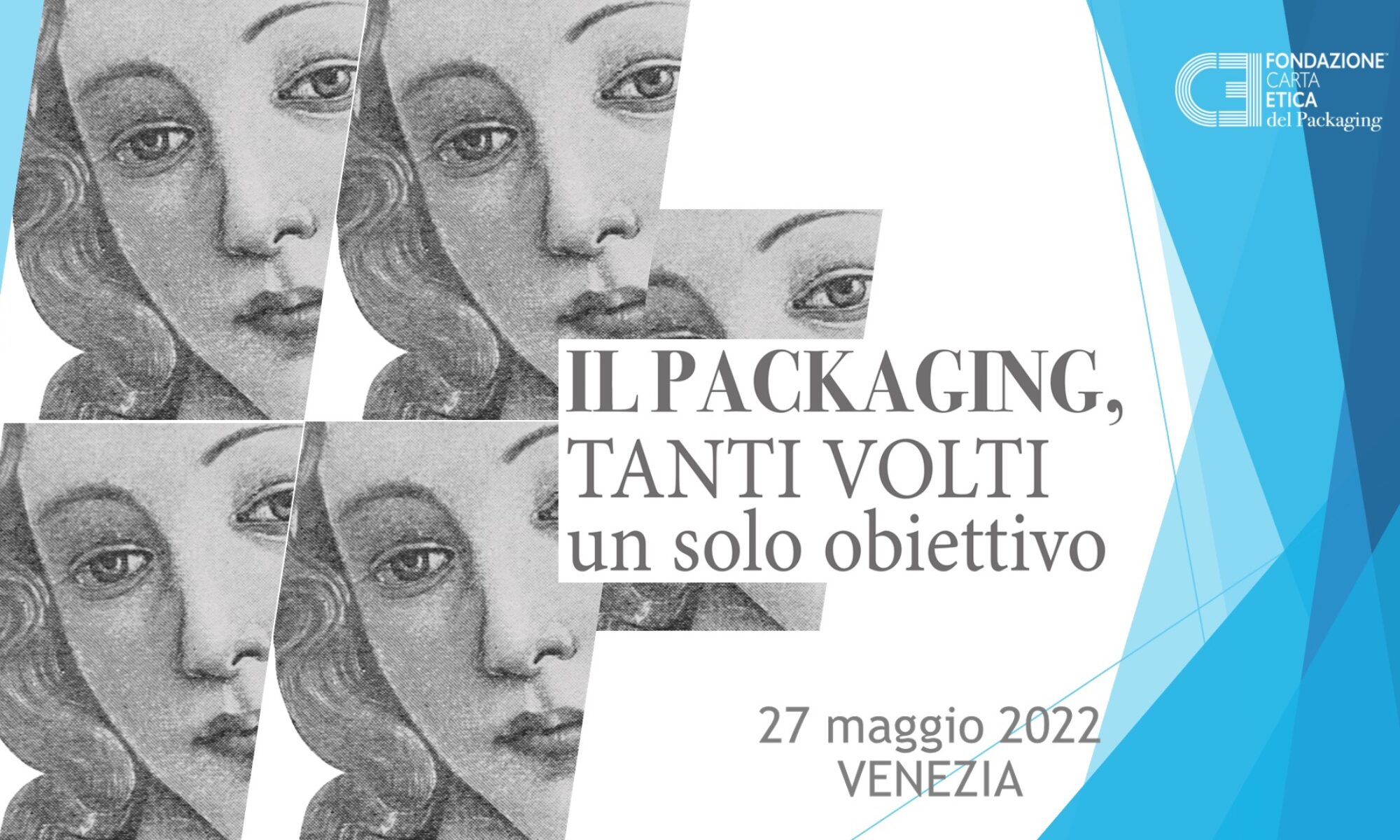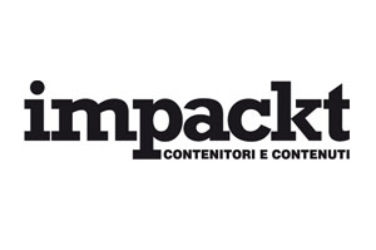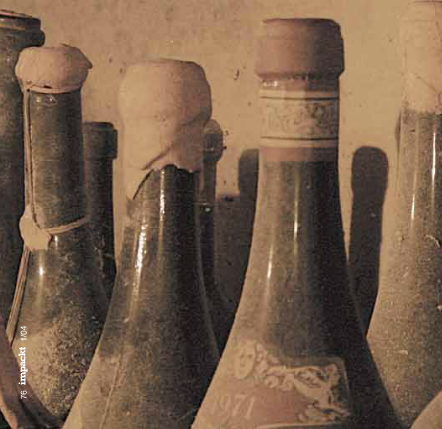Luigi Veronelli*: “The pleasure of the table is an ever different, ever changing reality”
Marco Senaldi
Listening to Luigi Veronelli is already an experience in itself. His unmistakable style changes simple gastronomic fact into narration; with his skilful telling, wine becomes poetry, a dish literature. An enodissident, gastrorebel, an anarchist by lyrical and political vocation, Veronelli is not only the best-known of our gastronomic experts internationally, he is undoubtedly the most cultured, the most committed and thankfully the least academic.
We talked freely with him on the subjects he loves best: from defending the quality of oil to the proposal for the Communal Denomination (De,Co.), to the importance of packaging as a vehicle of information. This year Veronelli will turn 78: but he certainly hasn’t slowed down his tireless activity of agitator on the subjects of the day, like defending quality, care for the earth, his refusal of food homologation, assets that are no less important than our artistic and environmental ones.
Luigi, where were you in February?
At Monopoli in Puglia, we demonstrated against the trade of hazelnut oil produced abroad and sold off in Italy, that the multinationals then turn into extra virgin olive oil. It was really wonderful, there were hundreds of people there and, I have to say, the thing that most surprised me was that the police on duty were solidly behind us. It should be said that 80% of the olive oil market is in the hands of the multinationals; in what is a straight legalised fraud – the tankers “convert” their load of seed oil into extra virgin olive oil on their way to Italy. No miracle there, all you have to do is forge the papers. The consumers and the olive farmers are the ones to suffer the consequences. The trade of these oils seriously harms Italy’s heritage; you should know that in Italy we have something like 400-500 cultivar (the variety of olive is called cultivar) against the tens or so of varieties in Spain and Portugal; it is a great wealth that risks being lost if it is not adequately protected. Thus we have created the project Oil according to Veronelli; in order to do what was done with wine, that is identify the characteristics oil by oil, that should be tied to the areas from where the olives originate.
You have also created a special strip for the bottles…
Certainly, for product traceability. The label must bear all the important information to show history and quality, production lot, progressive bottle numbering and the month the bottling took place. Logically these oils may cost a lot more than the oils one finds in the supermarkets, but one has to think of the commitment and the toil that the olive farmers that choose this path have to face in their striving to create a unique food item each being different in terms of taste and characteristics.
Very often though food labels may be incomplete or unclear…
And it is for this reason that we though take them so seriously. You know a good consumer must by now be critical, they have to become good readers. They have to be people who have developed, let’s say it, that famous critical awareness, they have to first and foremost watch out for what they themselves consume, and they have to be able to read the information borne on the pack…
…hence packaging has its importance.
It is highly important; but not only the pack, also the forms in which the food and the wines are tasted. Think of the importance that glasses can have in the gesture of wine tasting! This is a thing that has always been close to my heart, I have even designed special wine glasses along with various designers – Castiglioni, Silvio Coppola, Giacomo Bersanetti, and yet others – to enhance the very tasting. A wine produced according to given criteria needs its right glass; if the glass has been conceived correctly, all the sensations that the wine can give can be better perceived. Those that do not know wine limit themselves to pouring it out and drinking it; I say though first one should look at it, admire it, allow oneself to be conquered by its perfume, its aroma, and then, as a last thing, taste it. It is a complex itinerary, but this is what the pleasures of the table and the pleasures of drinking consist of.
This must be why today there exists the fashion of pourings wine into the socalled decanter?
On this point I have to tell you that the decanter is not of much use, even if it is among the trappings of the connoisseur … in actual fact it is an object reserved for very few special wines; I can say that from among the hundred wines in my cellar [that includes around 70,000 bottles, E.n.!] only one needs to be poured into the decanter; also because it is a delicate operation, one risks “breaking” the wine, “casser” as the French say, to disarticulate the bouquet, the complex whole of the organoleptic qualities…But I can say that I am designing a decanter that overcomes the problem…
So one can say that the containers also have their importance, they affect the content.
Yes without a doubt; a nice glass brings out the quality of the wine.
Or a fine label… not everyone knows that there are labels that have been designed by great artists such as Echaurren or Salvo; Sandro Chia, a protagonist of the Transavantegarde, has even gone over to producing Brunello di Montalcino, for which he also designs the labels…
… and it is also a good Brunello. I have also spoken to him of it; and to think that the best vintages are in the years when he is there, when he takes part in the production. This allows you to understand the delicacy of a production like this. Also turning wine into an art experience.
But what is pleasure according to you?
There is not one sole pleasure at the dining table, pleasure is an ever different, ever changing reality, it is the summing up of pleasures, even complex ones. Pleasure, thank heavens, is in continuous evolution. If you consider wine, fifty years ago very few producers were able to make good wine; today we are facing a highly complex reality, there are excellent winemakers, high ranking wine concerns, studies on the vine, on bottling and conservation techniques… there are my young pupils, sixteen year old kids, that have an excellent capacity of judgement and taste, that have now surpassed me! Money does not in itself mean quality, money is not the thing that prevails in gastronomy, what prevails is choice; a potato chosen, cultivated in its area, even if you taste it without any dressing can be something exceptional. The important thing is to watch out, be bright, follow the evolutions of the products, be able to choose independently. The project we are supporting for the Communal Denomination has this meaning: it is a concrete way of fighting fraud and protecting and promoting local produce. As well as that the label should also bear the price at source to avoid speculation; it is one thing that wines rightly have different prices, another that exorbitant of unjustified prices are charged. This too is a tool for going back to the recognition of the common thing, from the air, to water, to food, up to the production of material goods and the resulting networks.
* Luigi Veronelli (Milano, 2 febbraio 1926 – Bergamo, 29 novembre 2004)


